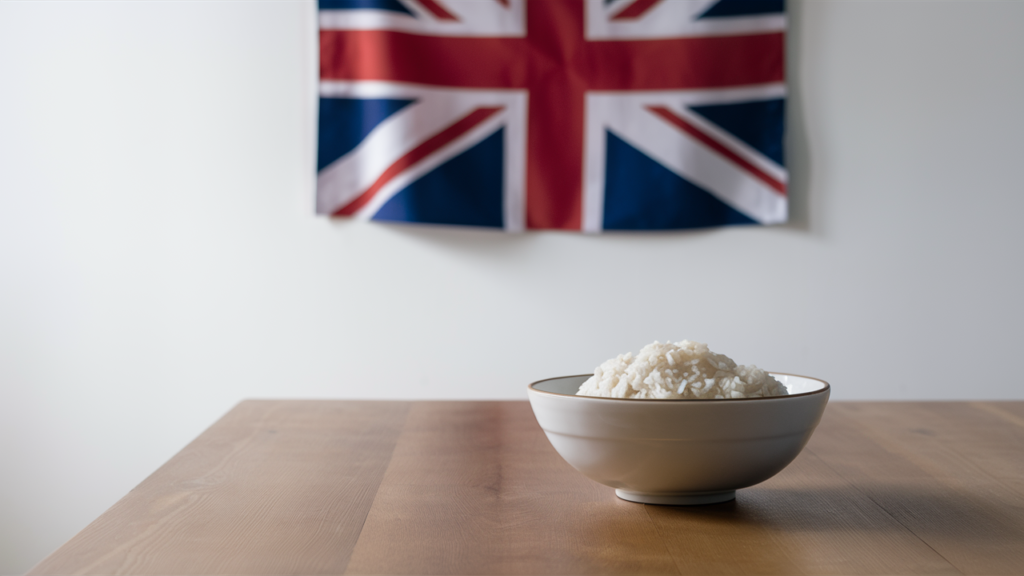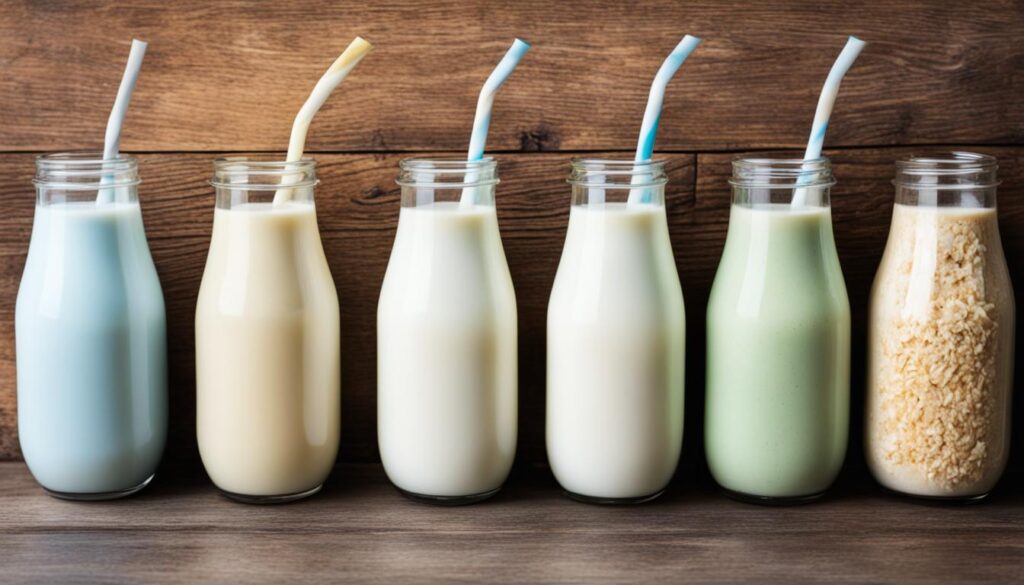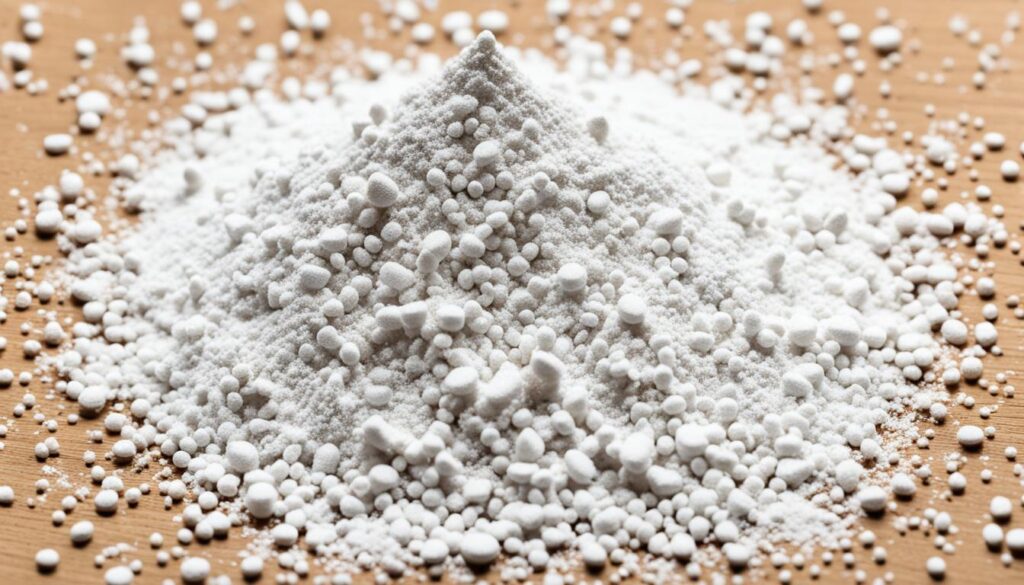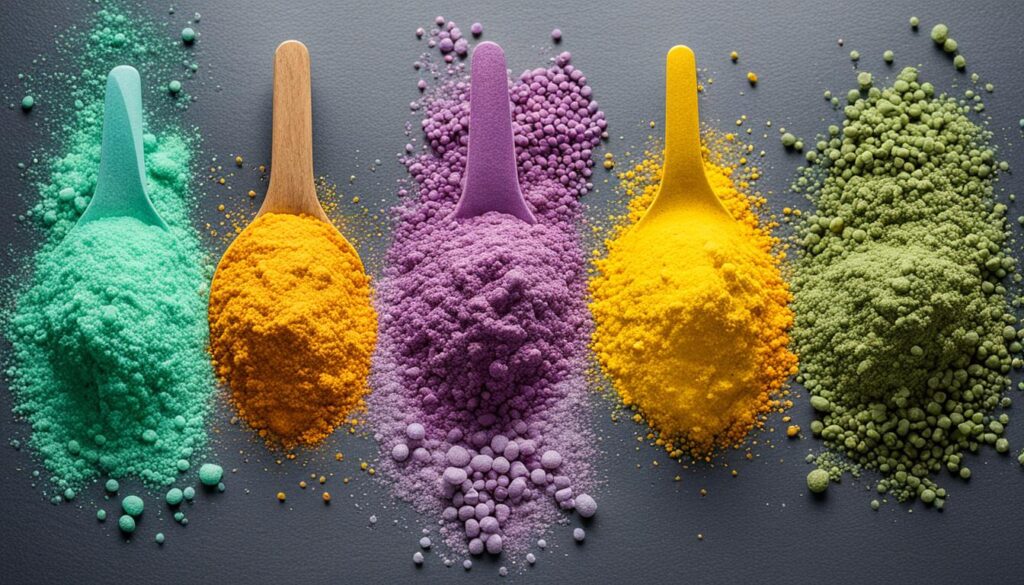The typical reaction when someone is told to eliminate something from their diet — something they love — is often disappointment and denial. Our food habits are so engrained and reforming those habits can be challenging, but the way we handle that challenge is what helps us develop. More and more people are choosing a dairy-free diet and, in response, the range of dairy-free kinds of milk is growing.
But there’s more to dairy-free milk than just the taste. Many dairy-free kinds of milk are low in saturated fat, cholesterol-free, packed with vitamins and calcium. Some are even lower in kilojoules than similar dairy milk. It’s important to consider the nutritional value of each product in the context of your overall diet.
Demerits Of Dairy Products
Responsible For Skin Acne
There are so many problems associated with dairy milk products. Just ask the millions of people who’ve seen their acne vanish as one of the many dairy-free benefits, and they will tell you that pizza face isn’t a myth. Some had been battling the dreaded eruptions for decades, with the quick resolution once they cut out every drop of milk and slice of cheese. The exact link is not known, and there may be a few.
Milk Allergy
Some physicians state that it could be a milk allergy or sensitivity causing inflammation; others suggest the hormones in milk are aggravators; while one study points to lactose, butterfat, or perhaps excess iodine in milk as the culprit.
Whatever the reason, an increasing number of dermatologists are now recommending the dairy-free diet as a first step in treating acne. Milk allergy is real. Dairy repeatedly ranks high in prevalence on the Top 8 food allergen list in the U.S. and Top 11 in Canada.
The severity of milk allergy ranges from life-threatening (anaphylaxis) to relatively mild (hives), and researchers have discovered other pathways in which milk can cause an immune response. FPIES (Food Protein-Induced Enterocolitis Syndrome) and EoE (Eosinophilic Esophagitis) are two types of allergic conditions (commonly linked to dairy) that affect the gastrointestinal tract specifically and can have a delayed reaction, making them difficult to diagnose.
Note that milk allergy can appear at any time in life. Though “traditional” dairy allergy has a higher prevalence in infants and young children, EoE is being diagnosed in an increasing number of adults.
Not Good In Lactose Intolerance
Lactose intolerance spurs a myriad of digestive symptoms in millions of people, including stomach pain, cramps, bloating, flatulence (yes, gas), diarrhea, and nausea.
It has been estimated that 70% of the world’s population has some degree of lactose intolerance, which is perfectly normal. Lactase persistence, or the ability to digest lactose as we age, actually appears to be a relatively new phenomenon in our evolution.
Triggering Irritable Bowel Syndrome
Dairy has also been labeled as a key trigger in IBS (irritable bowel syndrome) and various other digestive conditions. For those who are milk allergic and have had issues with low body weight, a milk-free diet can help them to absorb nutrients and potentially gain healthy weight. But for the rest of the population, weight loss is a real possibility with the dairy-free transition.
Cancer-Causing
The consumption of cow’s milk has been shown to increase the serum level of IGF-1 in humans by 10%. Consequently, higher levels of IGF-1 in humans have been linked to a significant increase in the risk of prostate, colon, lung, and breast cancers.
Benefits Of Dairy-Free Products
Fortunately, dairy-free milk alternatives do not contain added antibiotics or hormones since they are plant-based! Now let’s discuss the benefits of dairy-free products.
For people who are lactose intolerant, a reduction in or lack of lactase can cause unabsorbed lactose to pass into the colon, leading to bacterial fermentation that causes symptoms like flatulence, diarrhea, bloating, and nausea. Studies suggest that these gastrointestinal symptoms improve when milk is removed from the diet.
Helpful For Lactose Intolerant
Ditch the cow’s milk and stock your fridge with rice milk. Be sure it is unsweetened if you want to avoid added sugar. As painful as this may be, throw out all the ice cream. Try a healthier option like lactose-free ice cream.
But the benefits of rice milk depend upon person to person and what types of diet you want to follow. Like normal cow milk, rice milk lacks lactose which is a type of sugar and cholesterol. Therefore rice milk is healthy for the person who is lactose intolerant or who has high cholesterol.
Rice milk is obtained from rice. If you are lactose intolerant, a cup of rice milk, with only 1 milligram of cholesterol per serving, can be a heart-healthy beverage selection. If you are looking to increase the intake of carbs then rice milk is the right choice.
Celiac Friendly
Carbs are more in rice milk compared to soy or almond milk. Carbohydrates are one of the sources of energy for our bodies. In a way, rice milk intake can provide more energy with less fat.
Rice milk can be considered gluten-free due to the low percentage of protein. It is considered a healthy alternative for people with celiac disease. Its celiac-friendly nature makes it a more suitable alternative for dairy milk products.
Gluten-Free
Bloating due to dairy products is a common complaint among people with dairy sensitivities and allergies. Bloating itself is usually a problem with digestion. For many people, the cause of excessive gas in the intestines, which causes bloating, is due to inadequate protein digestion, an inability to break down sugar and carbohydrates fully, and imbalances in gut bacteria.
All of these factors can be due to a dairy allergy or sensitization, so sticking to a dairy-free diet can help you get rid of that bloated stomach for good. The only true cure for a milk allergy is to avoid milk and dairy products completely. Probiotics and digestive enzymes may help people better digest milk proteins if the allergy isn’t severe, but for a majority of people, ditching the culprit food is the only answer.
Rice is an easily digestible grain, making rice milk a fantastic choice for someone who is struggling with digestive sensitivity or upset, plus rice is gluten-free and non-allergenic, so rice milk works well for almost any special diet.
If you have someone in your household who suffers from a dairy allergy or intolerance, you know how beneficial having dairy-free milk substitutes around can be. And when you can make them yourself–all the better. Besides being helpful for food allergies or intolerances, rice milk helps have around the house for those occasions when you run out of milk in the middle of making a recipe.












